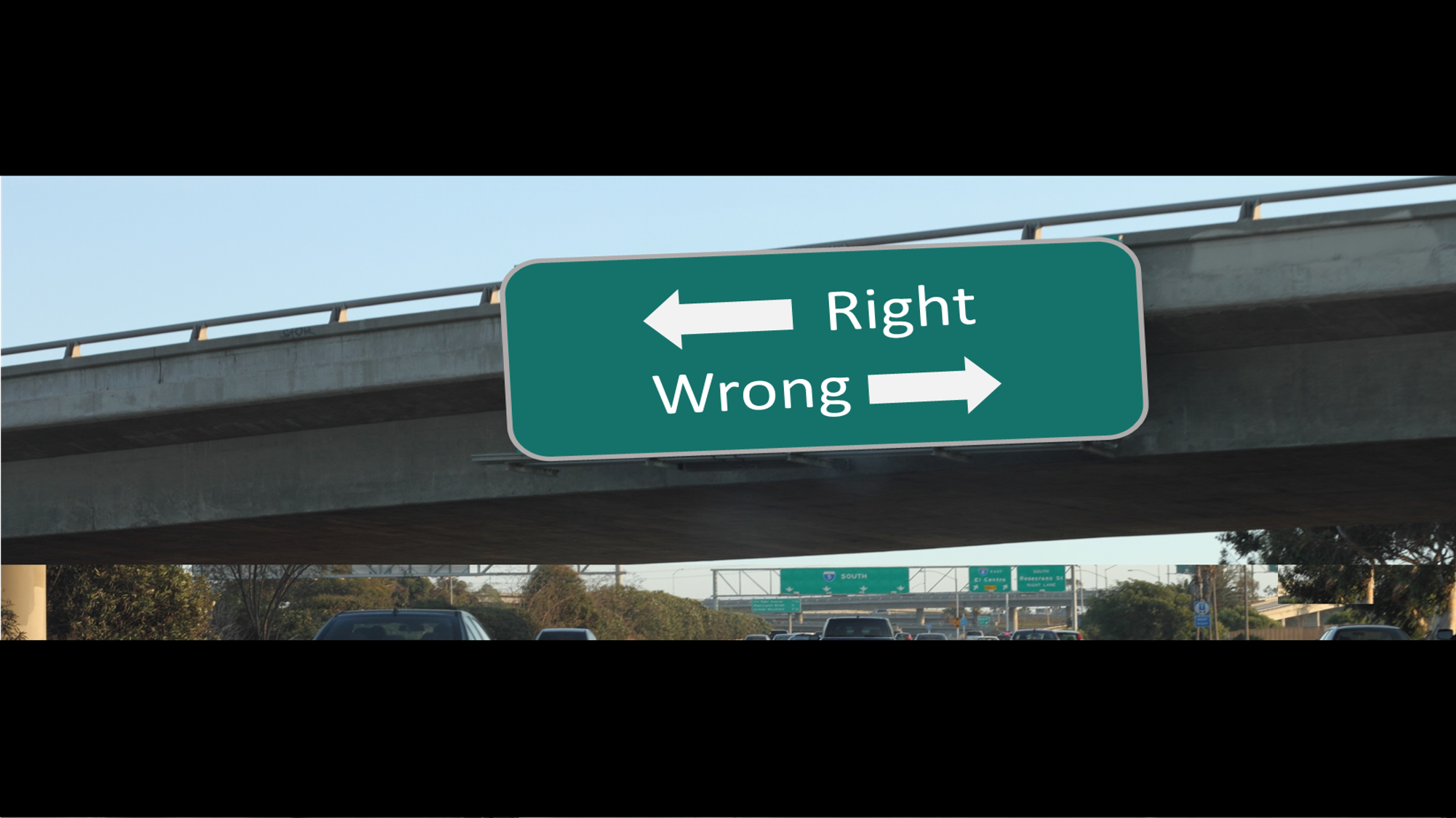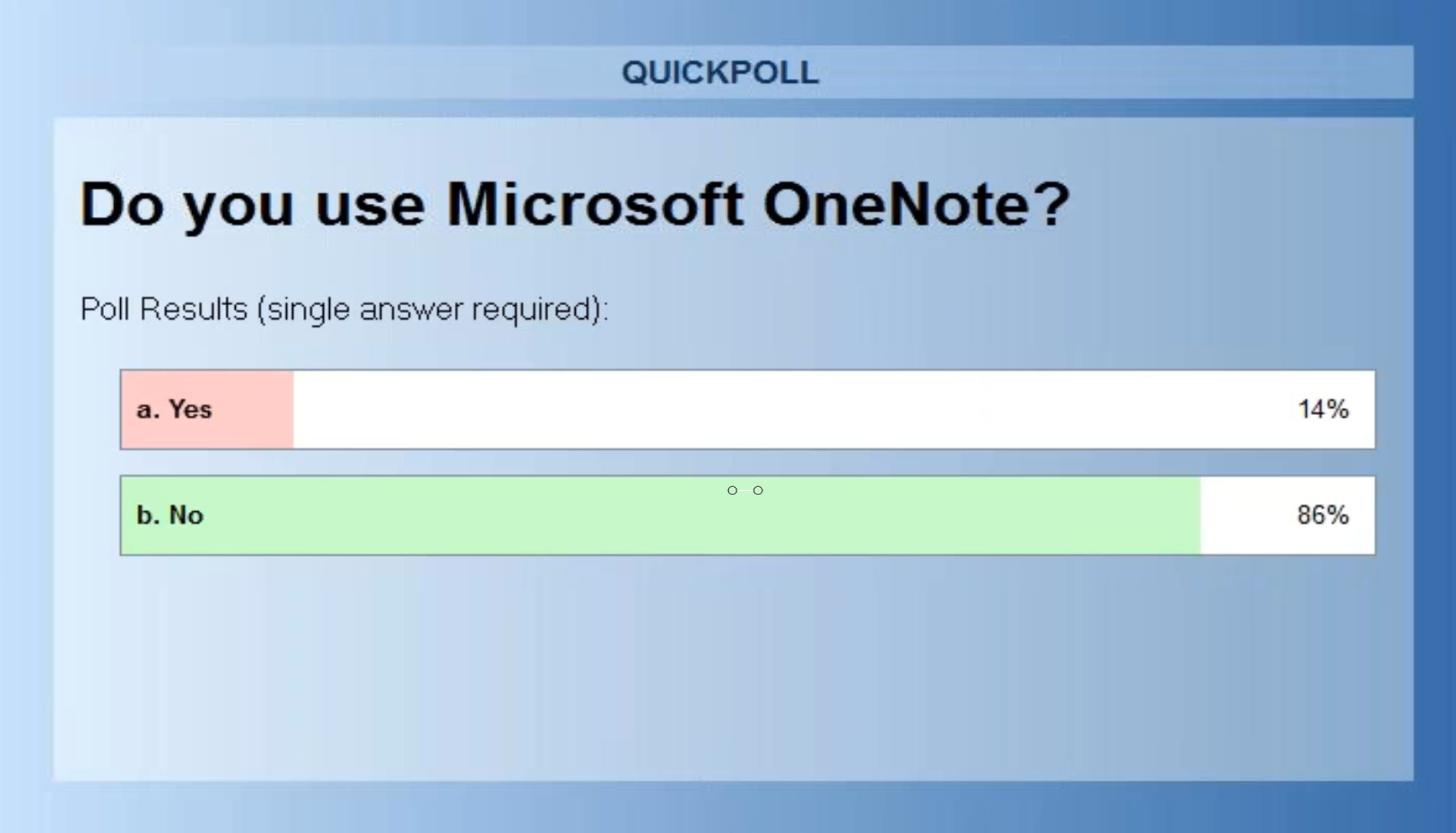Steve Jobs: The Do and Don't Lessons of an Insanely Great Wizard Hot
I finished Walter Isaacson's biography of the late, great Steve Jobs with a sense of awe, humility and inspiration. Here was a man who changed the face of modern life for all of us in SEVEN (count 'em -- 7!) industries: Personal computers, animated movies, music, phones, tablet computing, digital publishing and retail stores. What's great about this bio is that Isaacson was granted total access to Jobs and was told to print the truth by Steve himself and by his wife Laurene -- both said they would not edit the manuscript before it got published. In addition, Jobs encouraged Isaacson to interview all friends and foes, including Bill Gates. Also great was the recounting of the Silicon Valley tech boom story that was birthed by Jobs and woven around his life. Finally, the author graciously dumbed-down the incredible technology breakthroughs so that even a relative techno-retard like me could follow everything, as easy as using a Mac vs. a PC. (Yes, I'm biased -- I married into a Mac household years ago.)
Steve Jobs was a complex human being with both wonderful and awful sides to his personality, as the book reveals in detail. I doubt I could have been employed by Jobs -- I suspect I would have told him to take his job and shove it if he talked any trash to me. (The real truth? I'm clearly not smart enough to have worked for him.) From this book I've distilled down some "Do's and Don't's" you might find useful.
DO
Do be on a mission Steve Jobs was on a mission to "put a dent in the universe." To create all of his "insanely great" products, he actually went on numerous missions during his lifetime. He would dream up a revolutionary idea, share it with his crack engineers, then give them an outrageously short deadline to produce it. Despite the bitching and moaning of his team and the grueling all-nighters they pulled, they always finished in time for Jobs to unveil his latest breakthrough creation. In this regard, Jobs' modus operandi followed the philosophy described in Napoleon Hill's Think and Grow Rich: Birth an idea in your mind that adds value, then create a deadline for its completion. Jobs did this multiple times to benefit the world while shocking his rivals -- you wind up either using Apple products or you use a competitor's version that is playing catch up with Apple's innovations. Being on a mission can make that kind of difference.
Do have a passion for marketing and sales It was clear from the earliest days in his parents Los Altos, CA garage that although Jobs was very bright, he was not the technical genius his introverted partner Steve Wozniak was. Jobs knew he would have to be the one to hustle investors for cash, rustle up great engineers to join their team, schmooze the media for coverage and lasso paying customers to make the budding Apple company work. Encore performances of these tasks for every subsequent venture grew to gargantuan proportions to the point where Apple product launches became rock-show style happenings. He understood that if a tree falls in the forest and no one hears it, it doesn't make any noise -- he took his "product trees" and hit the public over the head with them. Love it or hate it -- if you want to make it, you'll have to embrace what Jobs knew: Nothing happens until there is a sale.
Do make a comeback from adversity Lest we forget, like all successful people, Steve Jobs had his fair share of failures. Perhaps his most famous was getting ousted from Apple, the company he founded, taking 12 years to be reinstated as CEO. He also failed with pet projects like the Lisa personal computer and his "NeXT" computer company. And before he bought the graphic animation company Pixar (which saved The Walt Disney Company), rumor has it he was down to his last $25 million -- the equivalent of being on the verge of bankruptcy for folks like him. Yet he relied on what others referred to as his "reality distortion field" to keep the faith and focus on his vision of the future. His sheer determination most often prevailed, a useful lesson for any of us facing challenges.
DON'T
Don't be an asshole This is "Number One with a Bullet" in my book. Jobs was all but entirely lacking in social graces, would tell employees right to their face, "Your work sucks." He believed "A players" didn't need coddling and took that notion to the extreme. Those who worked for Jobs put up with his "mercurial" (a kind way of saying volatile to the point of cruel) personality because they knew the harsh comments were his way of saying, "I know you can do better." This worked for him, but for the rest of us mere mortals it's likely we'll catch more flies with honey.
Don't forget to bathe Early in his career, Steve Jobs believed that vegetarians like him didn't develop body odor. Staff members claim they had to "... literally put him out the door and tell him to go take a shower." Once he started the process of taking Apple public he cleaned up his act -- several book photos reveal him in a shirt, tie and sport coat. The message is to dress appropriately for success in your market. (Once you become a bazillionaire it's OK to wear jeans and a black turtleneck everywhere, even shower now and then ...)
Don't stay in school Jobs dropped out of college early on, preferred his own "self-study" program. Interestingly, he audited a calligraphy course which turned out to influence his elegant design approach, the marriage of art and technology, in all of his future offerings. He was a learner until the end, infinitely curious about how things worked. So there's no need to sign up for formal education programs just to add a few letters past your name on your business card. Do learn what you need to know to enhance your offering.
Don't take acid Jobs is quoted as saying, "LSD was a profound experience, one of the most important things in my life." Going to the "Magic Kingdom" may have been great for him but I don't think we need to go there ourselves. Or even use any kind of mind-altering drugs or alcohol on a regular basis to unleash visionary thinking. I don't condemn the use of certain substances for this purpose -- I enjoy social drinking to stimulate conversation, and where would we be without the brain-enhancing effect of caffeine, which I use daily. Jobs was also a Zen practitioner, a much safer way to access the depth of one's mind.
Bottom line It makes sense to learn from the greatest genius of our time about what to do, and what NOT do, on our journey to success.
"And one more thing ..." You gotta love a guy who said, "People don't know what they want until I show them." Steve Jobs showed us time after time, and I'm grateful for it. What is it you want to show the world?
Success Skills Coach Jim Rohrbach, "The Personal Fitness Trainer for Your Business," coaches FA's to grow their clientele. Visit Jim on the web at www.SuccessSkills.com.









